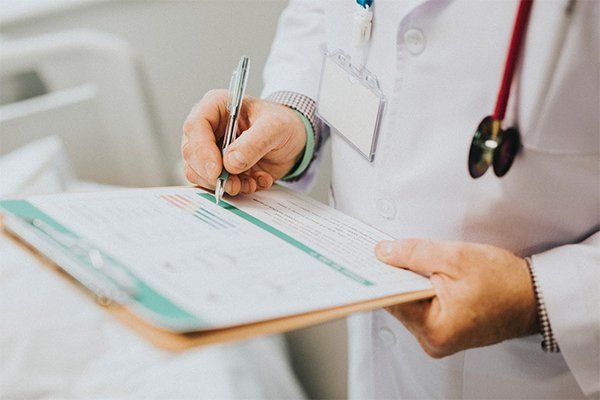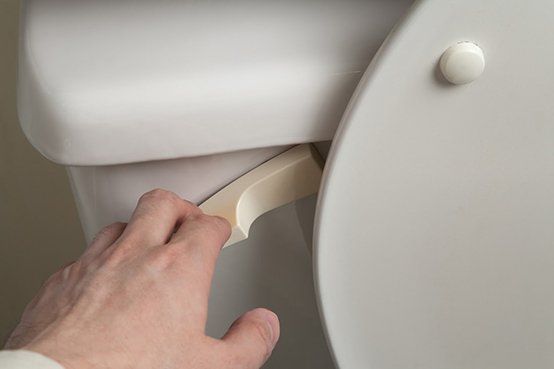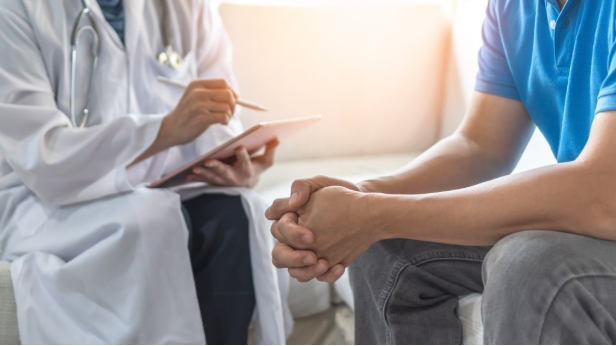FAQ About Hemorrhoid Banding

Is hemorrhoid banding the right treatment option? Do you have hemorrhoids but aren't sure how to treat them efficiently and effectively. If you're not sure what banding is or how it can help you, take a look at what you need to know about this type of treatment.
What Is Banding?
This common hemorrhoid treatment is also known as rubber band ligation. As the name implies, the doctor will use a band (rubber band) to ligate the hemorrhoid. Ligation is a procedure used to close off or block a blood vessel.
Even though hemorrhoids may seem like growths, they are actually swollen anal or rectal veins. To remove the bulge, banding cuts off the veins blood supply. This causes the hemorrhoid to shrink and eventually fall off.
Does Banding Give You Immediate Relief?
Hemorrhoids can cause itching, discomfort, and bleeding. These symptoms often make patients seek treatment. While immediate treatment is often the most desirable option, it isn't always possible - especially for internal hemorrhoids (bulging veins inside of the rectum).
To band a hemorrhoid, the doctor will place a specialized medical device (known as an anoscope) into the rectum. After they locate the hemorrhoid, the doctor will place the band (or bands) on the base of the bulging vein with a ligator.
It can take a week or longer for the hemorrhoid to shrink, dry, and fall off. As the hemorrhoid shrinks, you may notice less discomfort or fewer symptoms. When the shrunken, dried hemorrhoid does fall off, it may pass through the rectum and anus with a bowel movement.
While you may not get immediate relief, rubber band ligation is an effective procedure that can give you lasting results. According to the National Library of Medicine, this treatment option has a success rate of 70.5 percent in first-time procedures and a success rate of 80.2 percent in ligations for recurrent symptoms.
Is Banding a Surgical Procedure?
Even though the doctor will need to insert an anoscope and ligator into your body, banding is not a true surgical procedure. The doctor will not need to surgically cut or remove the hemorrhoid to eliminate this uncomfortable issue. Instead, banding is considered a nonsurgical hemorrhoid-removal method.
Will You Need to Go to the Hospital for This Procedure?
As a nonsurgical procedure, banding won't require you to stay overnight in a hospital. Most bandings are done in outpatient centers or outpatient hospital areas.
Is Band Ligation Painful?
The rubber band ligation isn't comfortable. But this doesn't mean you'll feel pain. Again, the doctor must insert an anoscope and ligator into the rectum. Just the thought of this procedure can cause stress for many patients. However, this doesn't mean you should skip the procedure or consider a less effective treatment.
The decision to use a topical anesthetic or sedation depends on the severity of the hemorrhoids, the complexity of the procedure, and your overall health. The doctor may numb the rectal area with a topical anesthetic. This can reduce or eliminate most of the sensation during the ligation. If you have large internal hemorrhoids, you may need anesthesia.
Talk to your doctor about any concerns and the anesthesia options before your procedure.
What Should You Expect From Post-Ligation Recovery?
Again, it can take a week or more for your hemorrhoid to dry up and fall off. This means you may have some continued discomfort.
Immediately after the procedure, you may have some bleeding, pain, gas, or constipation. If the doctor believes constipation is a potential problem or you're already experiencing this issue, they may recommend or prescribe a laxative or stool softener.
Do you need to schedule a rubber band ligation procedure? Contact Kentuckiana Gastroenterology & Paramount Surgery Center for more information.

















